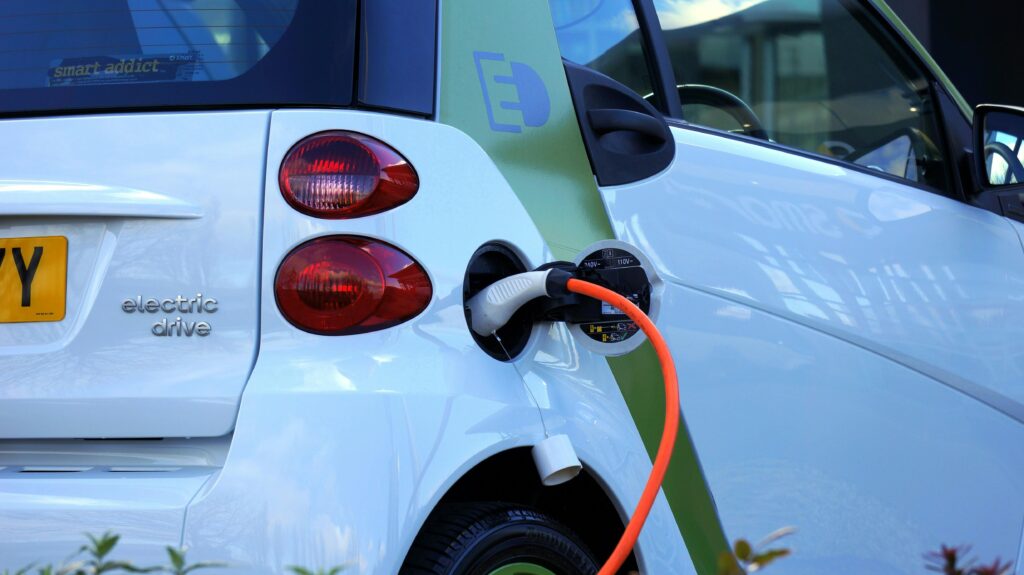How policies can propel India’s EV startups forward
For India’s EV ecosystem to flourish, startups need not only incentives but also support through EV-focused incubators/ accelerators, advanced research facilities, tailored mentorship, and industry collaboration opportunities.

As the world’s third-largest automotive market, India is at a pivotal point in its journey toward a sustainable future. The rapid shift toward electrification is not just about meeting the growing demand for mobility; it is an opportunity for India to establish itself as a global leader in the automotive value chain. By localising production to meet domestic electric vehicle (EV) needs and creating cost-effective solutions for export, India can align its EV sector with its economic and climate goals. At the forefront of this transition are EV startups—agile, innovative, and driven by disruptive technologies. While the government acknowledges their importance and has developed a broad framework of supportive policies, the current landscape still falls short of addressing the specific challenges faced by startups.
India’s startup ecosystem, now ranked third globally, boasts over 700 EV startups. Concentrated primarily in hubs like Bengaluru and Delhi-NCT—which accounted for 70% of EV startup funding in 2022—India’s EV ecosystem has received cumulative investments of INR 22,124 crore as of 2023. The IEA projects that the Indian EV sector has a cumulative investment potential of INR 16,69,700 crore (USD 200 billion) by 2030. This represents a vast opportunity not only for startups but also for traditional internal combustion engine (ICE) manufacturers transitioning to EVs. Supported by government initiatives, these startups are making strides in original equipment manufacturing (OEM), battery and component manufacturing, charging infrastructure, and battery-swapping technologies. These startups create high-quality jobs, build domestic manufacturing capacity, and advance affordable EV technology, all critical components of India’s sustainable mobility journey.
Despite the significant potential, India’s policy framework is not fully optimised to support the unique needs of EV startups. Scheme like the Production Linked Incentive (PLI) for automobile and auto component industry is designed to support large companies, inadvertently excluding startups. It requires a minimum global revenue of ₹10,000 crore and prior investment of ₹3,000 crore in fixed assets, effectively barring nearly 99% of EV startups, which typically have a turnover of less than INR 100 crore. Early-stage startups focused on R&D rather than immediate revenue generation encounter unique challenges. R&D in the EV industry is capital-intensive, requiring substantial investment in technology, testing, and equipment. Early-stage startups often struggle to secure enough funding from investors who may view the R&D-heavy nature of these ventures as high-risk due to long timelines and uncertain returns. Startups often lack the resources to afford or access state-of-the-art facilities, putting them at a disadvantage compared to larger, well-funded companies. These financial constraints hinder startups’ growth potential in a highly competitive industry.
Some government initiatives, like the Fund of Funds for Startups and the Startup India Seed Fund Scheme, have attempted to bridge the gap by improving ease of entry and providing financial support. DPIIT-recognised startups, for instance, are exempt from stringent criteria such as prior experience and turnover requirements, which helps young EV startups high on innovation but low on market presence. However, these schemes come with limitations. The requirement to have a manufacturing facility in India, though aligned with the ‘Make in India’ vision, can be prohibitive for startups in the prototyping phase or those relying on contract manufacturing. Additionally, while the three-year income tax exemption provides relief, many capital-intensive EV startups struggle to achieve profitability within this timeframe. Further, the process of securing government recognition and navigating compliance can deter startups from taking advantage of these benefits.
To truly support EV startups, India must refine its incentive structures to make them more accessible. Reducing eligibility thresholds for PLI schemes, for example, would allow more startups to access critical financial support, enabling them to scale and focus on innovation. Looking at China’s approach, where startups can access manufacturing incentives based on the number of EVs produced could provide a useful model for India. To boost R&D in the EV industry, the government could launch dedicated R&D funding and challenge-based initiatives, inspired by successful programmes like the UK’s Faraday Battery Challenge. India could adopt a similar model by establishing an India EV Innovation Fund, alongside an India EV Innovation Challenge. This national competition would invite startups, academic institutions, and research labs to address critical EV challenges, ranging from affordable battery production to advanced materials science.
For India’s EV ecosystem to flourish, startups need not only incentives but also support through EV-focused incubators/ accelerators, advanced research facilities, tailored mentorship, and industry collaboration opportunities, thereby, creating a supportive environment for R&D, innovation, and commercialisation
India’s EV startup ecosystem holds immense potential. By nurturing innovation, improving funding access, and streamlining regulations, existing policies can be more effectively tailored to meet startups’ needs. By prioritising the needs of startups, India can develop an EV ecosystem that is self-sufficient and capable of driving global advancements in electric mobility. Now is the time to craft policies that support startups and empower them to lead India toward a sustainable, zero-emission future.
